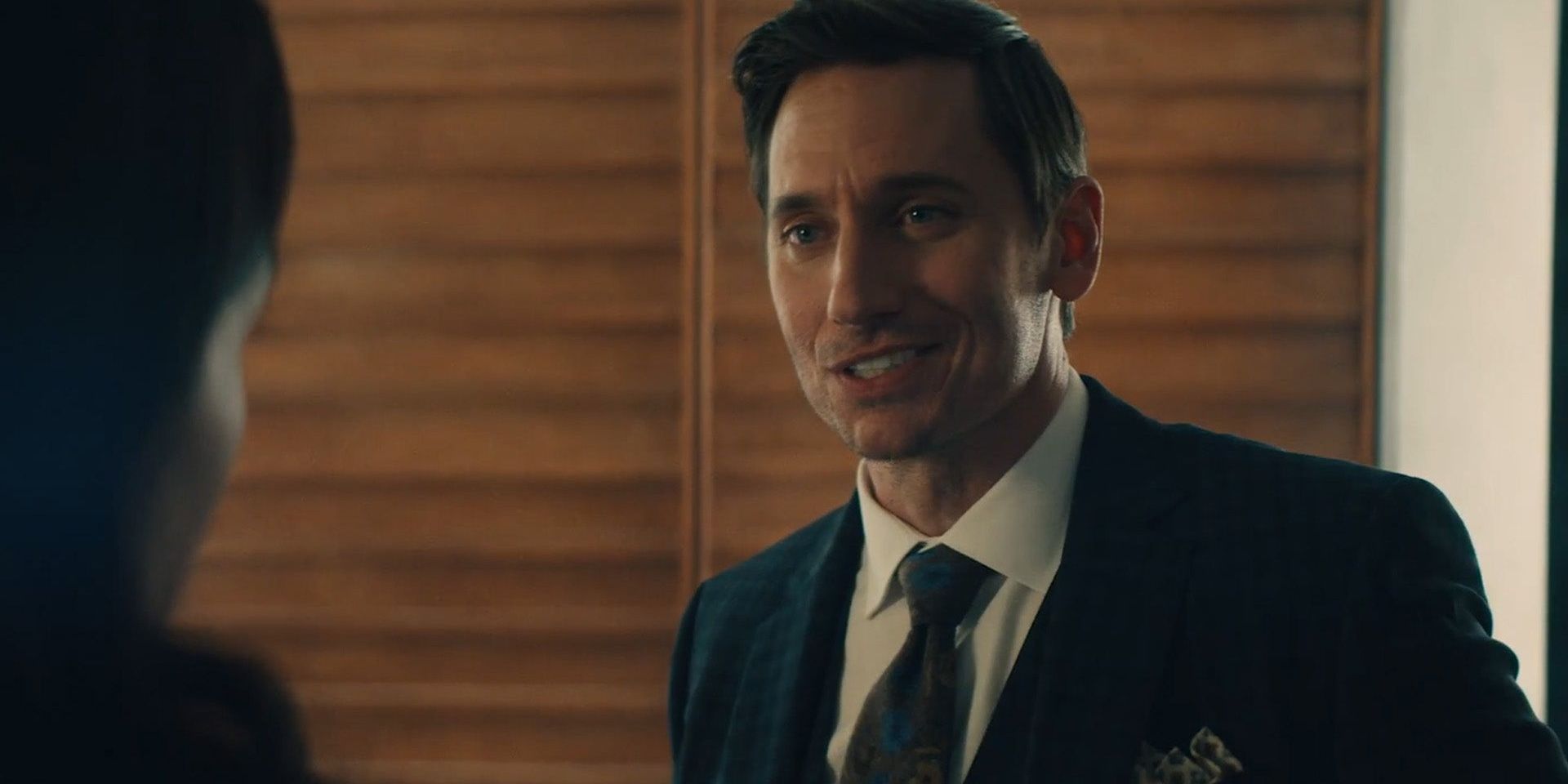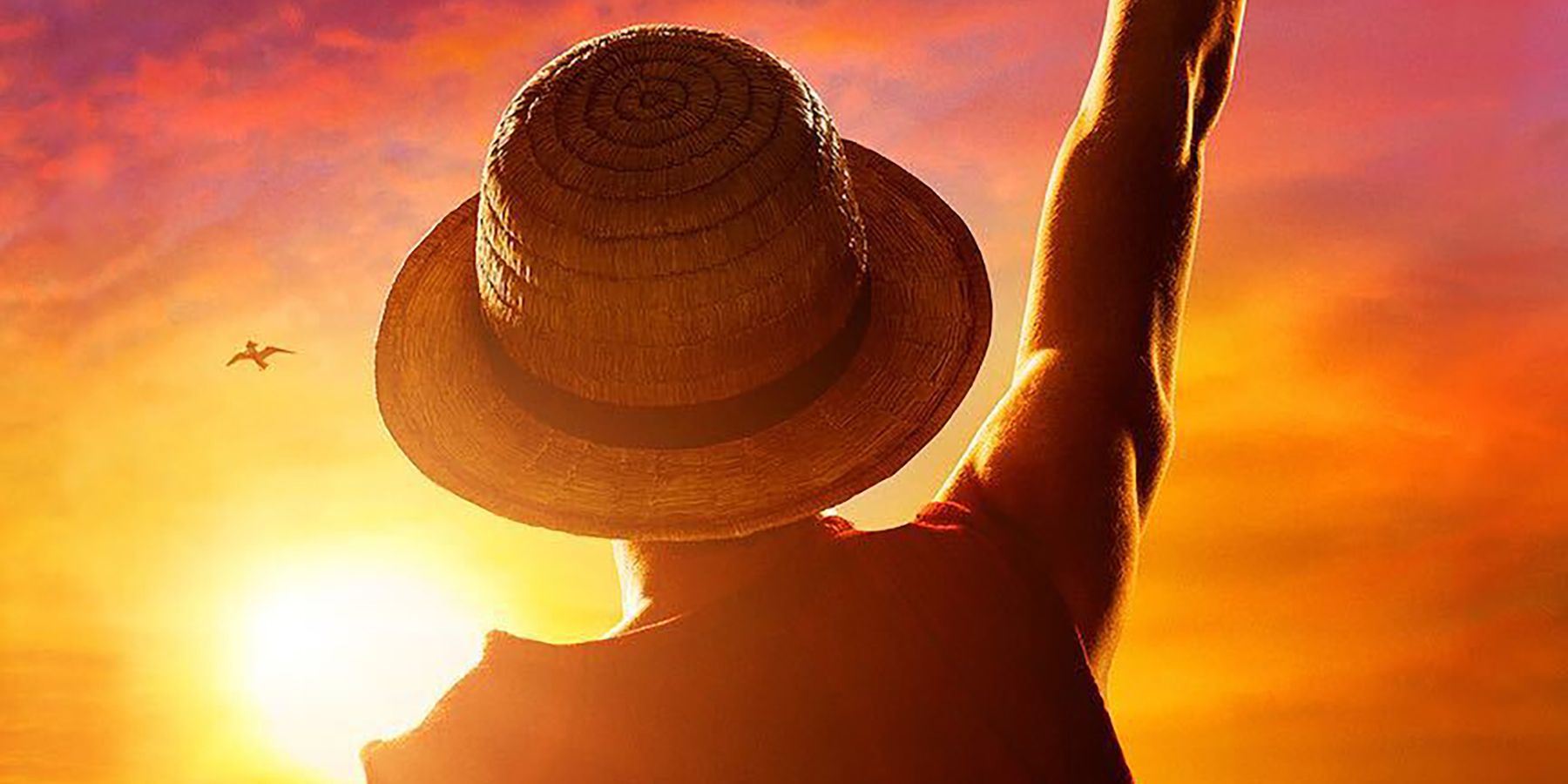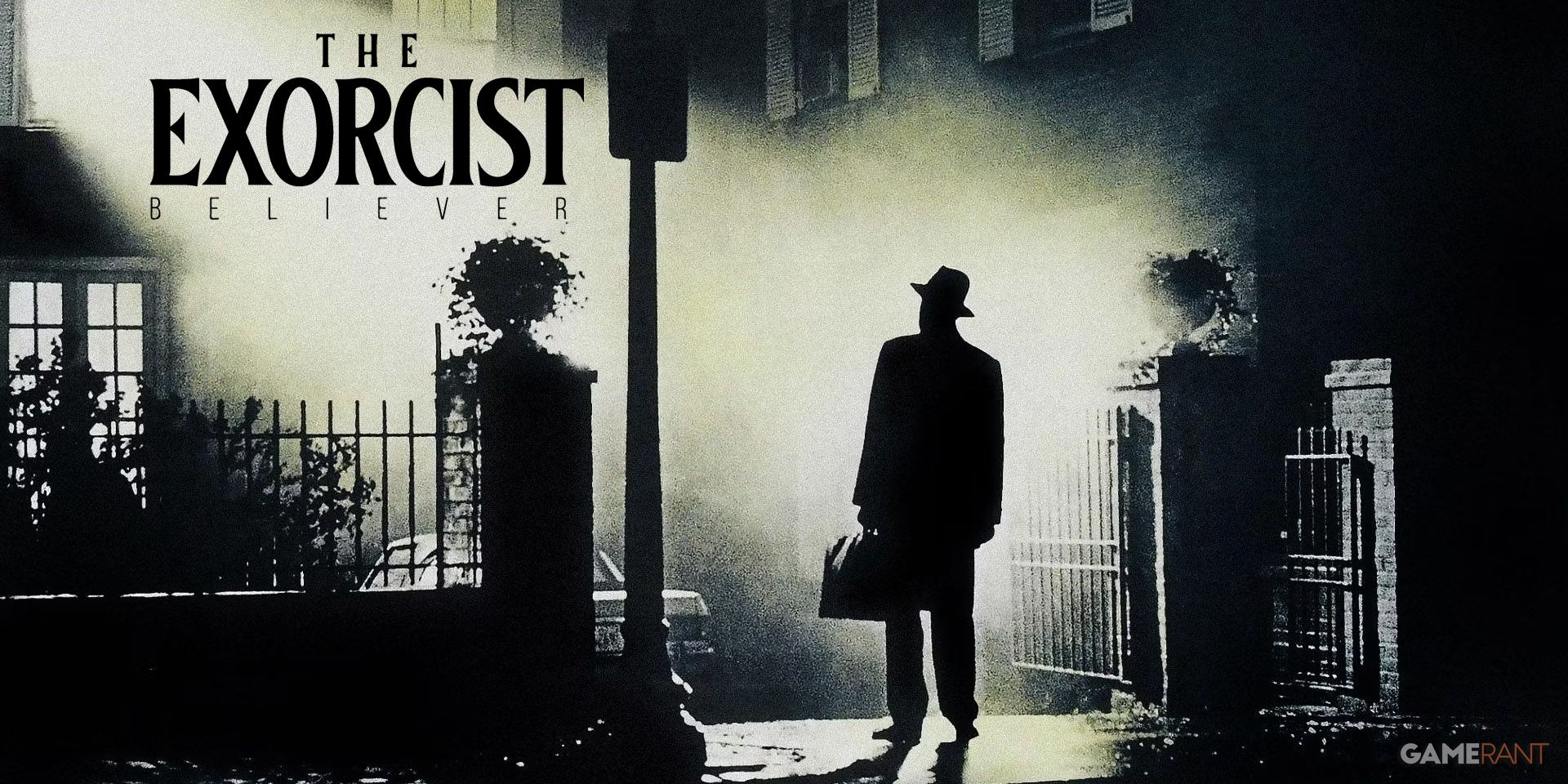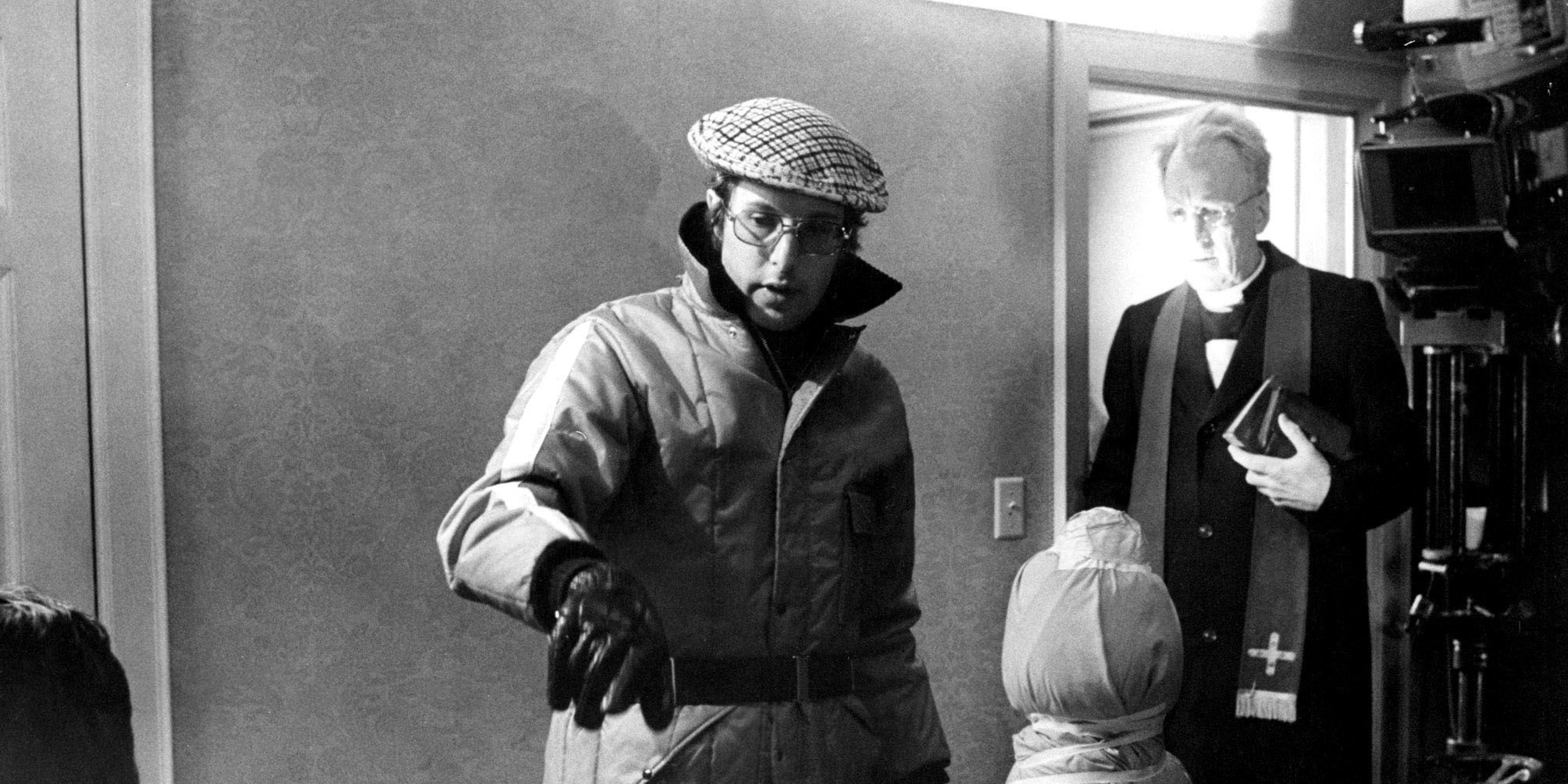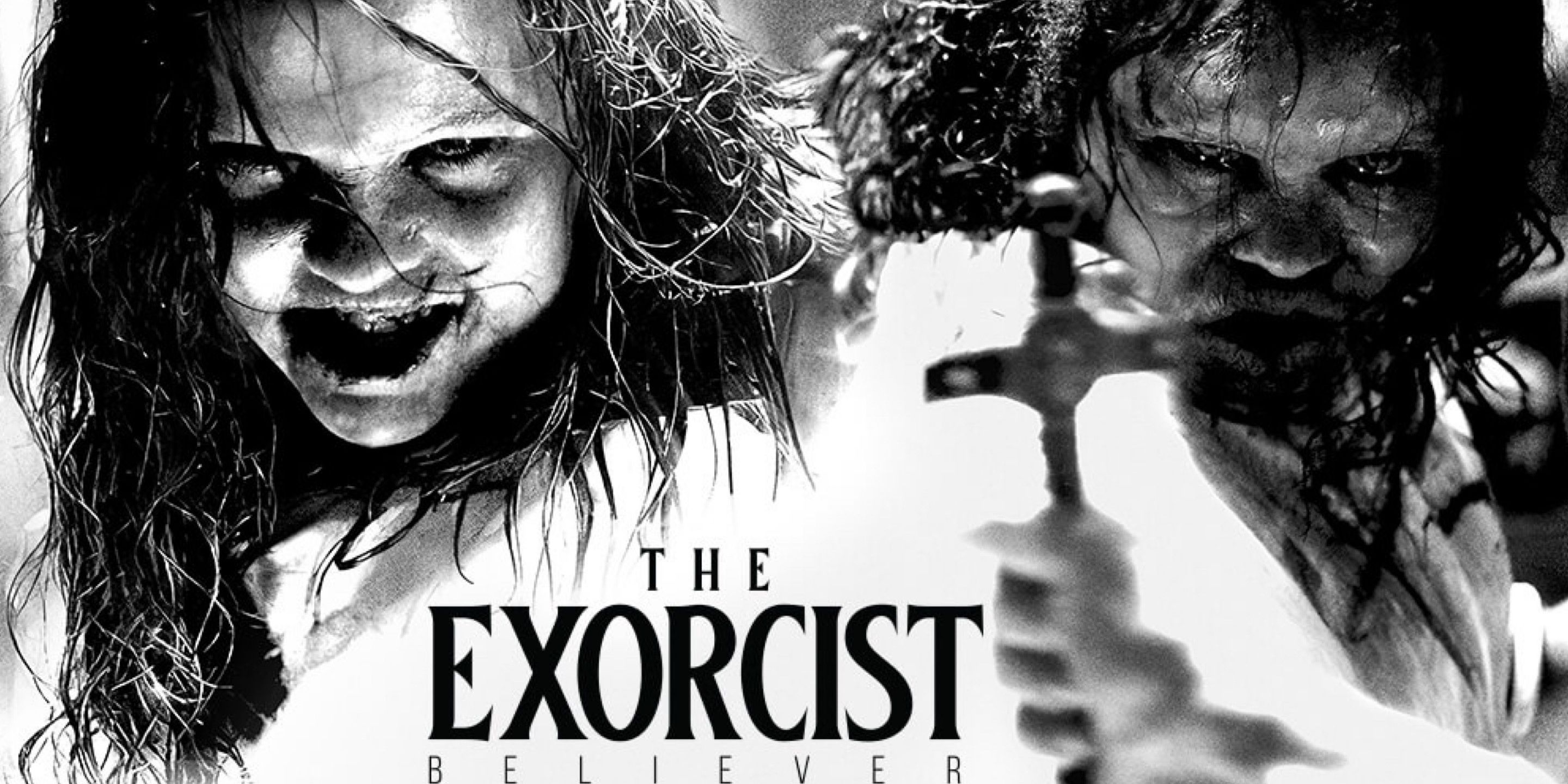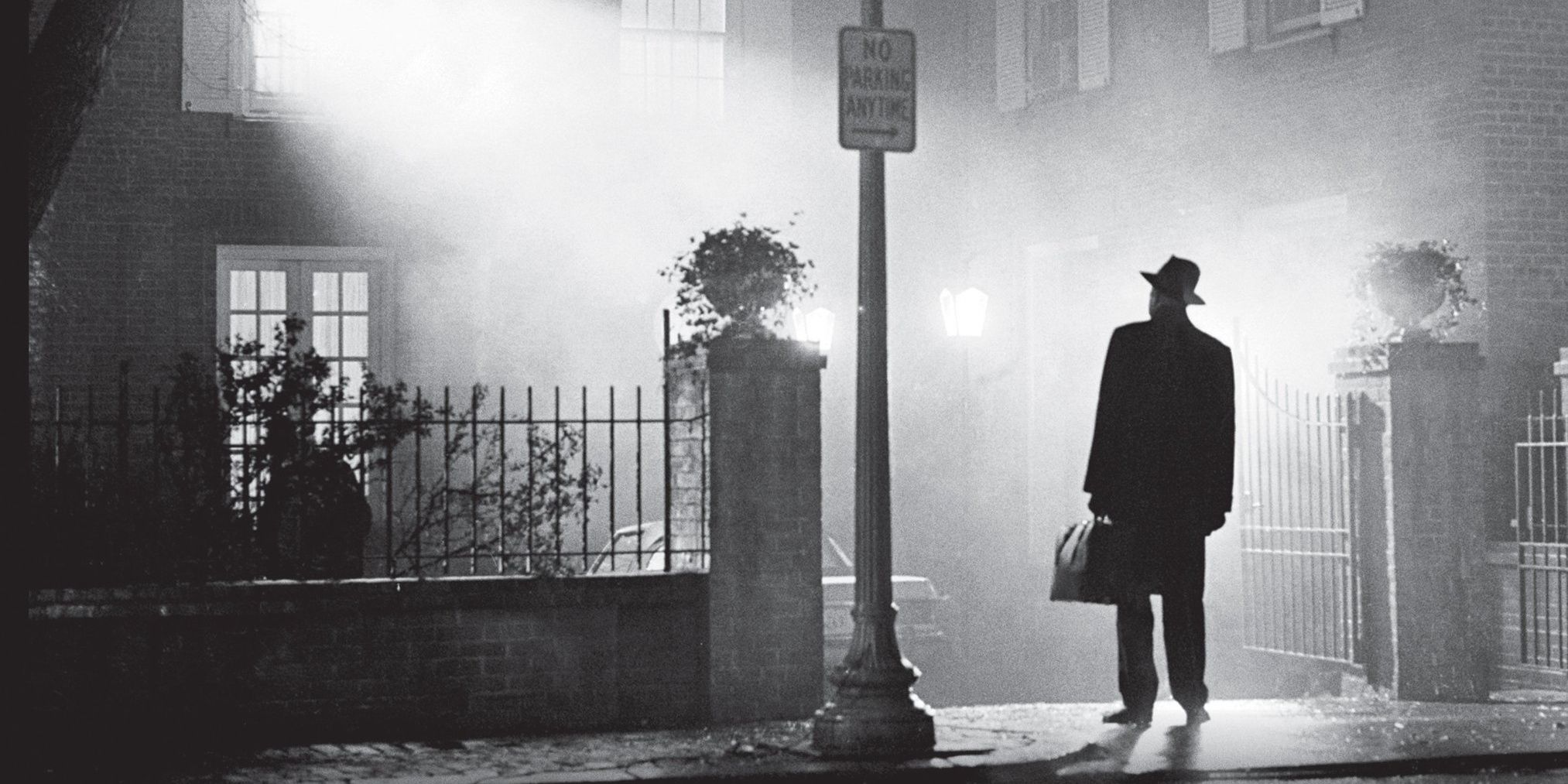As The Exorcist: Believer releases this weekend, the film community continues to mourn the loss of the original movie's director on its 50-year anniversary. Writer/director/producer William Friedkin was one of the most important contributors to the New Hollywood movement during the 1970s when he pulled off one of the best one-two punches any filmmaker has ever had. It began with 1971's crime thriller The French Connection; a critical darling, the highest-grossing film of the year and a recipient of five Academy Awards including Best Director and Picture. Then, against all odds, Friedkin managed to top himself with his astonishing follow-up.
1973's The Exorcist is a perfect horror film; a bold statement that is indisputably true. It has been a classic since the day it was released and has influenced the genre more than any movie before or after it. Written and based on a novel by William Peter Blatty, the story is inspired by a real-life exorcism performed in 1949 by the Catholic Church in the United States, an organization that Blatty had studied for most his life. That extensive research complemented with Friedkin's documentary-style (the medium he began his career in) results in a chillingly realistic and despairing experience.
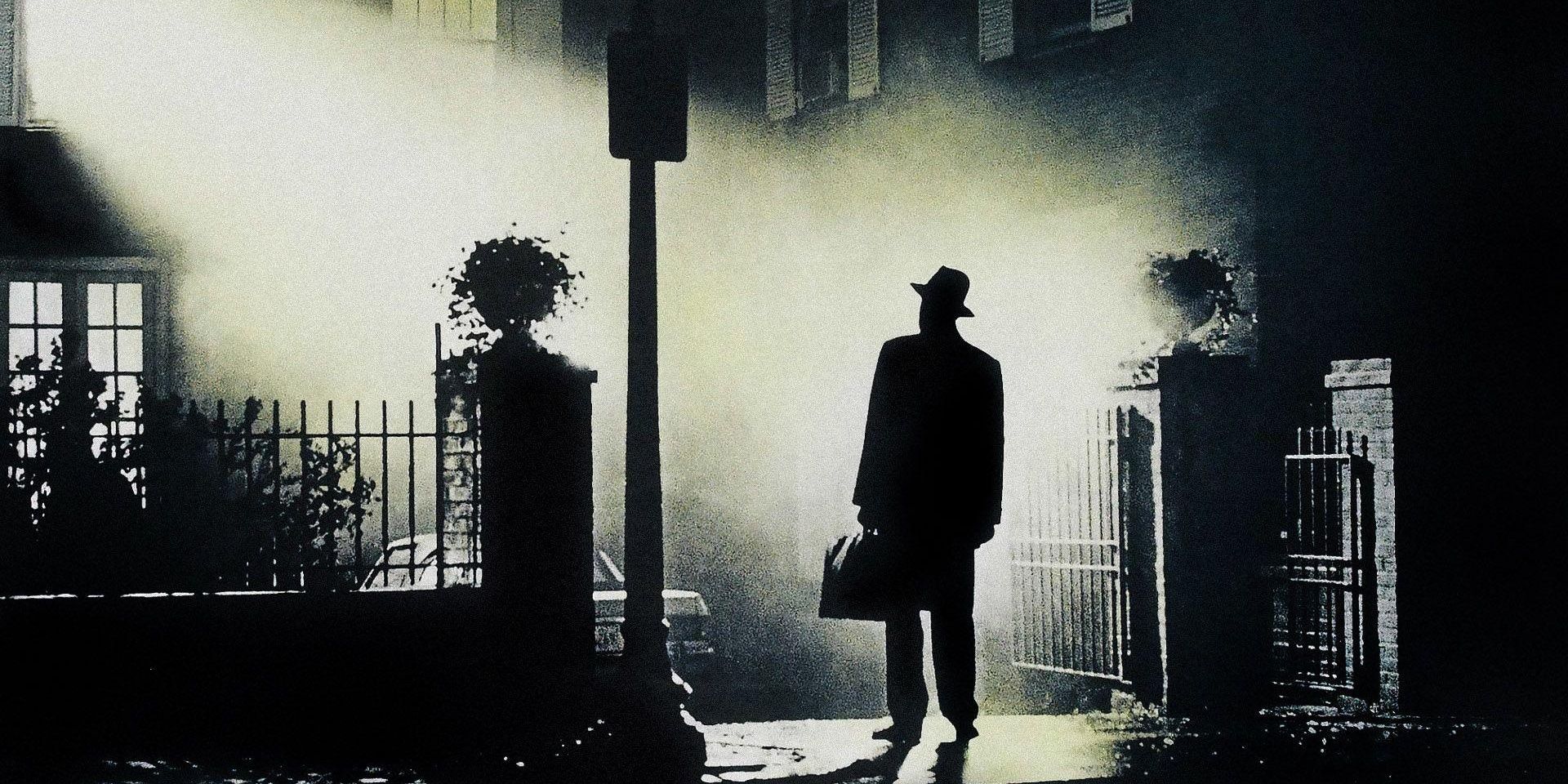
The Exorcist: What The Upcoming Sequel Needs To Do To Succeed
David Gordon Green's upcoming legacy sequel to The Exorcist needs to recapture what made William Friedkin's original masterpiece so great.
What Were Friedkin’s Thoughts on ‘The Exorcist: Believer’?
The groundbreaking success of The Exorcist made Warner Bros. exploit the IP with a string of unsuccessful sequels/prequels, none of which Friedkin wanted to be a part of. All led to the final nail (or crucifix) in the coffin which came in the form of a cheap TV show on Fox in 2016, running for two lousy seasons and killing whatever credibility was left for the franchise. What should have been left to die is now being pulled out of its grave by Universal Pictures and Blumhouse with The Exorcist: Believer, a legacy sequel/soft-reboot that is unlikely to provide even a fraction of the chills from the original. Friedkin never saw (and likely never would have seen) an early cut or any version of the David Gordon Green (Halloween franchise) directed sequel before his passing, however he did have something to say about it.
According to film critic Ed Whitfield, Friedkin had this to say on The Exorcist: Believer while it was in early development:
"Ed, the guy who made those new Halloween sequels is about to make one to my movie, the Exorcist. That's right, my signature film is about to be extended by the man who made Pineapple Express. I don't want to be around when that happens. But if there's a spirit world, and I can come back, I plan to possess David Gordon Green and make his life a living hell."
Eerie comments that are not too surprising given the disdain Friedkin had for every installment following The Exorcist as all they did were diminish the value of the original, particularly 1977's The Exorcist II: Heretic which Friedkin called "the worst piece of crap I've ever seen." One could only imagine what he would have said about The Exorcist: Believer, an ill-fated production that not even horror fans seem to be interested in.
How Does ‘The Exorcist: Believer’ Connect to the Original?
The plot of The Exorcist: Believer feels as though it was initially supposed to be a standalone movie for it takes place in modern day and is about two young teenage girls who go missing for three days and are found in an altered state, claiming they have no recollection of what happened and that they were only gone for a few hours. Once the children's behaviors become increasingly strange and untreatable, their parents reach out to Ellen Burstyn's Chris MacNeil for help, who suspects that they are being tormented by the same demonic force that possessed her daughter Regan when she was a child. Green has discussed his approach to the franchise as "researched and academic" in an attempt to harken back to the strengths brought to the original film by Blatty and Friedkin, but it appears quite obvious that it will just be a by-the-numbers demonic possession movie with contrived, inconsequential ties to its classic predecessor.
How Will ‘The Exorcist: Believer’ Fare With Horror Fans?
Like with any classic film that is dredged out of the contemporary Hollywood pipeline, fan expectations typically range from hesitant optimism to utter rejection. In the case of The Exorcist: Believer, the response has leaned more towards the latter as, along with its poor test screenings, the film has debuted to an early 5.4 IMDb user rating ahead of its preview night. Critics have been even harsher by giving it a 41 on MetaCritic and 22% on Rotten Tomatoes, similar to what Green's last two Halloween movies received. The most unfortunate part though is that, again like the new Halloween movies, this will be the first in a new trilogy Exorcist despite everyone outside of Universal and Blumhouse realizing the futility of such an idea.
When Universal collaborated with Peacock to purchase The Exorcist film rights in 2021 for a staggering $400 million, they announced their intentions of starting a trilogy with the second installment, The Exorcist: Deceiver, already scheduled to release on April 18th 2025 with Green returning as director. There has been no word on the status of the final film, but if The Exorcist: Believer is unable to offset its poor audience and critical reception with a strong box office run, chances are that Universal will have to reconsider what they want to do with the franchise and Friedkin's spirit can move one step closer to find eternal peace.

